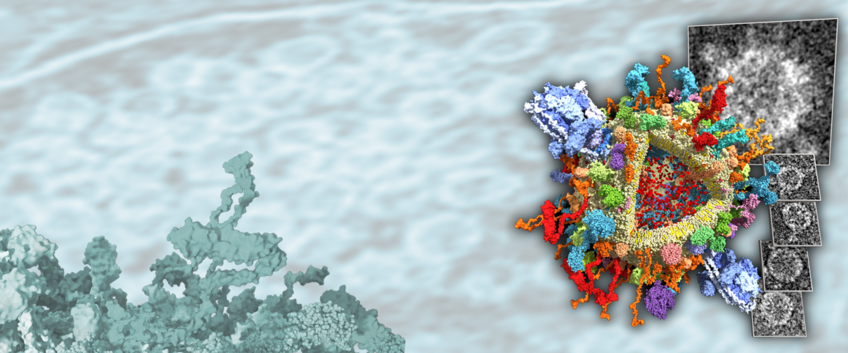Theoretical and Computational Biophysics
Our research aims at an understanding of the physics and function of proteins, protein complexes, and other biomolecular structures at the atomic level. For this purpose, complex computer simulations of the atomistic dynamics are carried out. Read more about our research projects at our RESEARCH website.
Open Positions
We are always looking for highly motivated scientists, possessing a strong background in physics, physical chemistry, mathematics and/or biomolecular simulations. If you are interested in driving research projects forward which are conducted at our department please submit your application documents (including motivation letter, CV, publication list, certificates) preferrably as single PDF file via email to office.theor_comp_biophys@mpinat.mpg.de or follow the instructions in the job announcements.
Current Job Offers
Please find more details about the position in the advertisement (job code 09-25)
more
Please find the list of available projects and position details in the advertisement (job code 10-25)
more
Our Research Groups
Group leader: Helmut Grubmüller
Group leader: Bert de Groot
Group leader: Aljaz Godec
Helmut's scientific writing guidelines
Struggling with writing your paper draft or thesis? Here’s advice my students found helpful over the years. It’s version 1.0 -- Comments, suggestions, corrections highly appreciated!
more
Press releases & research news
Research Group of Helmut Grubmüller
The German National Academy of Sciences Leopoldina honors the biophysicist for his outstanding scientific achievements and the special expertise in his field of research. (in German)
more
Show more
Research Group of Bert de Groot
A team led by Bert de Groot has now applied molecular dynamics simulations to visualize how potassium ions pass through a potassium ion channel at atomic resolution for the first time. The simulations could help to better understand how ion channels are regulated or how potential drugs act on them.
more
Show more
Research Group of Aljaz Godec
Small biological systems are inherently stochastic due to thermal fluctuations. Inferring dissipation, that is, if and how far biological systems (or processes) are driven out of equilibrium, from fluctuating observations, which typically track only a small subset of degrees of freedom, remains a key challenge in modern non-equilibrium physics.
more
Show more






